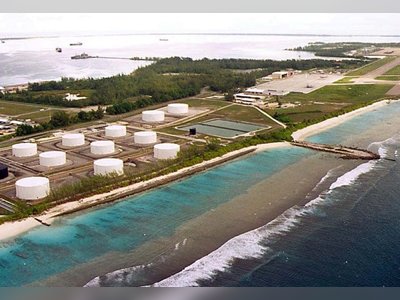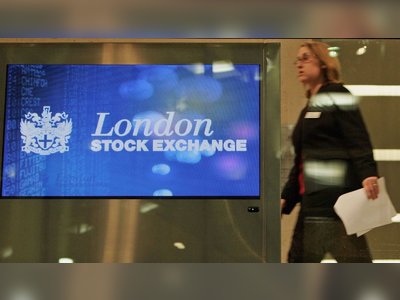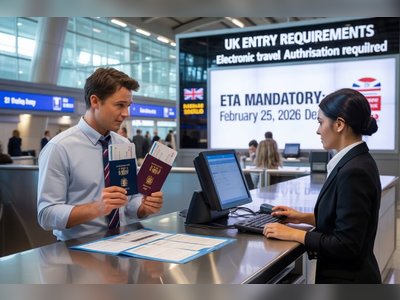
How France is testing free public transport
In September 2018, the northern French city of Dunkirk underwent a quietly radical transformation: it made its public transport system free. Under the leadership of Mayor Patrice Vergriete, who has a doctorate in urban planning, the city became the largest in France to drop fares on local networks, giving its 200,000 metropolitan-area residents fare-free access to 18 bus routes.
The policy has “revitalised” the former industrial port and helped reduce carbon emissions, according to a study commissioned by the city and carried out by the independent Observatory of Free Transport Cities. Researchers found that after the move, which was funded by a small increase in business tax, passengers increased by 60% during the week and doubled on weekends – with nearly 50,000 trips made per day. Of the new users, 48% said they regularly used the public transport network instead of cars.
“It’s an obvious success, even if it’s early in the scheme,” says Arnaud Passalacqua, a professor at the Paris School of Urban Planning and one of the researchers on the study. “It’s a sign that free public transport could work on a larger scale.”
Yet opinions are divided on whether a major city like Paris or London could replicate Dunkirk’s fare-free model. Proponents argue that making public transport free would reduce carbon emissions and air pollution, ease the pressures on disadvantaged households and, in light of flaws in the current fare-based system exposed by the pandemic, create a more resilient funding model for the future. But critics rail against the idea of dropping fares, pointing to major cost and infrastructure challenges involved in transferring a policy tested in small towns to sprawling metropolitan hubs. So, is getting on board with free public transport worth the ride for big cities?
‘New wave’
The idea of free public transport is by no means new. In France, it’s already a reality for hundreds of thousands of people in more than 30 municipalities, like Dunkirk’s neighbour Calais, the Marseille suburb of Aubagne, and Colombiers, a suburb of Toulouse that in 1971 became the first fare-abolition experiment in Europe.
Further afield, in 2013 the Estonian city of Tallinn became the first EU capital to make the switch and last year Luxembourg, with its population of 626,000, became the first country to offer totally free public transport.
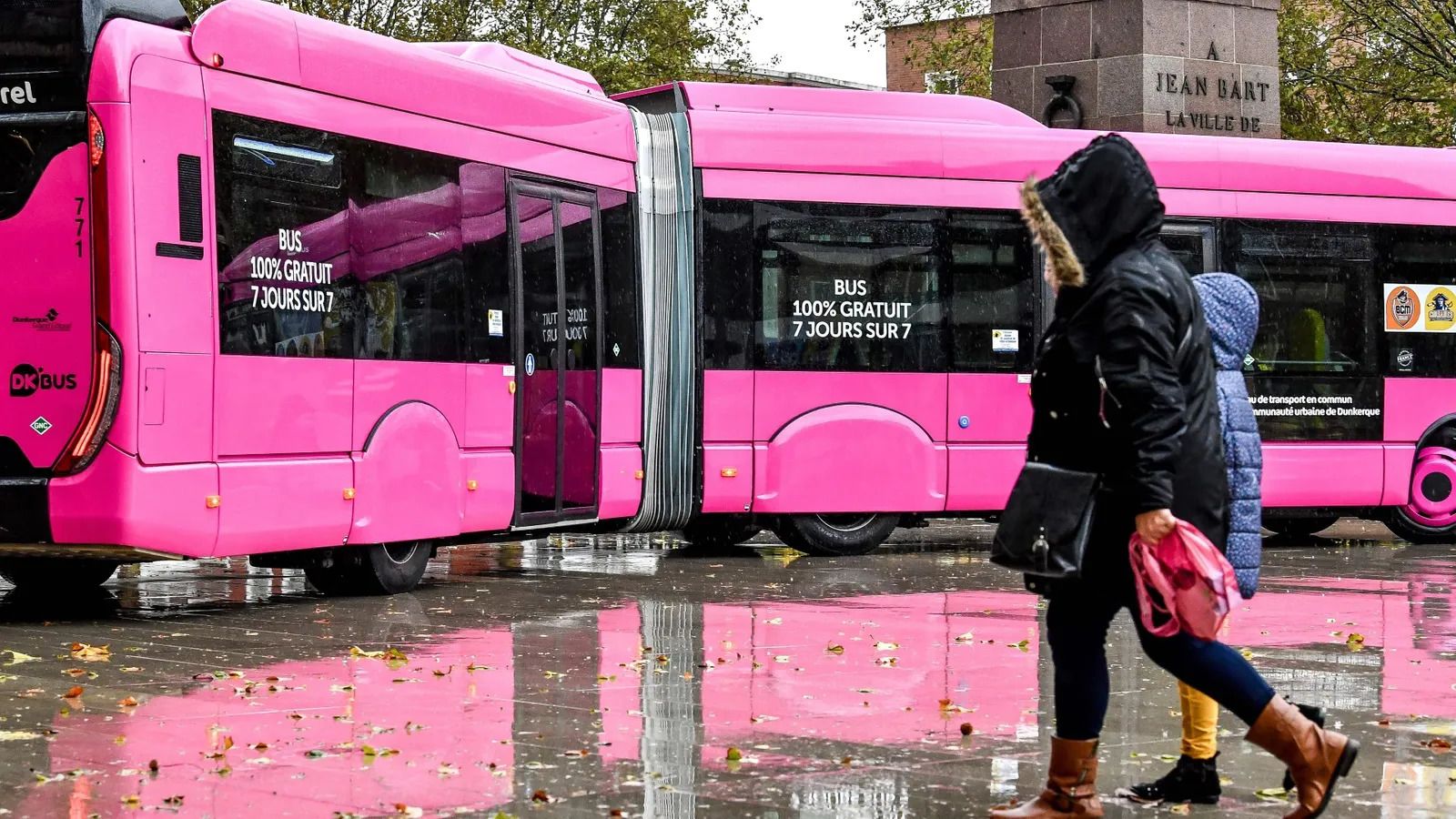 In Dunkirk, free public transport has revived the city centre, researchers say
In Dunkirk, free public transport has revived the city centre, researchers say
Now there’s a “new wave” of support for the idea of free transport in France, “based on creating more sustainable, green networks that help communities most in need”, says Passalacqua. “Because of that larger cities are beginning to implement it.”
In Paris, free public transport for under-18s was introduced for the 2020 school year; Strasbourg, France’s ninth largest city, will implement the same policy this September. Since last month, the nearly one million inhabitants of the Nantes metropolitan area have been travelling for free at weekends. And France’s southern Occitanie region, home to some six million people, has introduced a policy under which 18-26-years-olds who take the train at least 30 times per month won’t have to pay, with twin aims of helping younger workers and reducing carbon emissions.
Alain Jund, vice-president for mobility, transport, travel and cycling policy at Strasbourg City Hall, says part of the reason for the shift in his city is the climate crisis, with the idea that 80,000 young people will no longer need rides from their parents. “In Strasbourg, levels of pollution are very high and that is linked to car traffic,” he says. “It’s a public health issue too. We estimate 500 people [in Strasbourg] die per year due to pollution.”
But socio-economic reasons are also an important factor in Strasbourg’s policy, whose estimated €6m-€8m ($7.3-$9.7m, £5.2m-£6.9m) annual cost will be covered by the general municipal budget. Families with two children would save €550 per year on the cost of their travel passes, the city says, offering meaningful savings that would help lower-income families.
“We’re in an economic crisis – and not just because of the pandemic,” explains Jund. “This is a measure of solidarity and protecting spending power. But it is also a question of providing territorial equality between those in the city centre versus those in rural areas, and protecting the right to mobility – to do sport, to go to the cinema and to move around freely. We believe this is important.”
‘Price to pay’
From Dunkirk to Tallinn and Luxembourg, however, experiments with fare-free public transport have been relatively small-scale, making them much easier to manage than rolling out the policy in a major city. But advocates, buoyed by support for initiatives that tackle the climate crisis, say that now is the time to go up a gear.
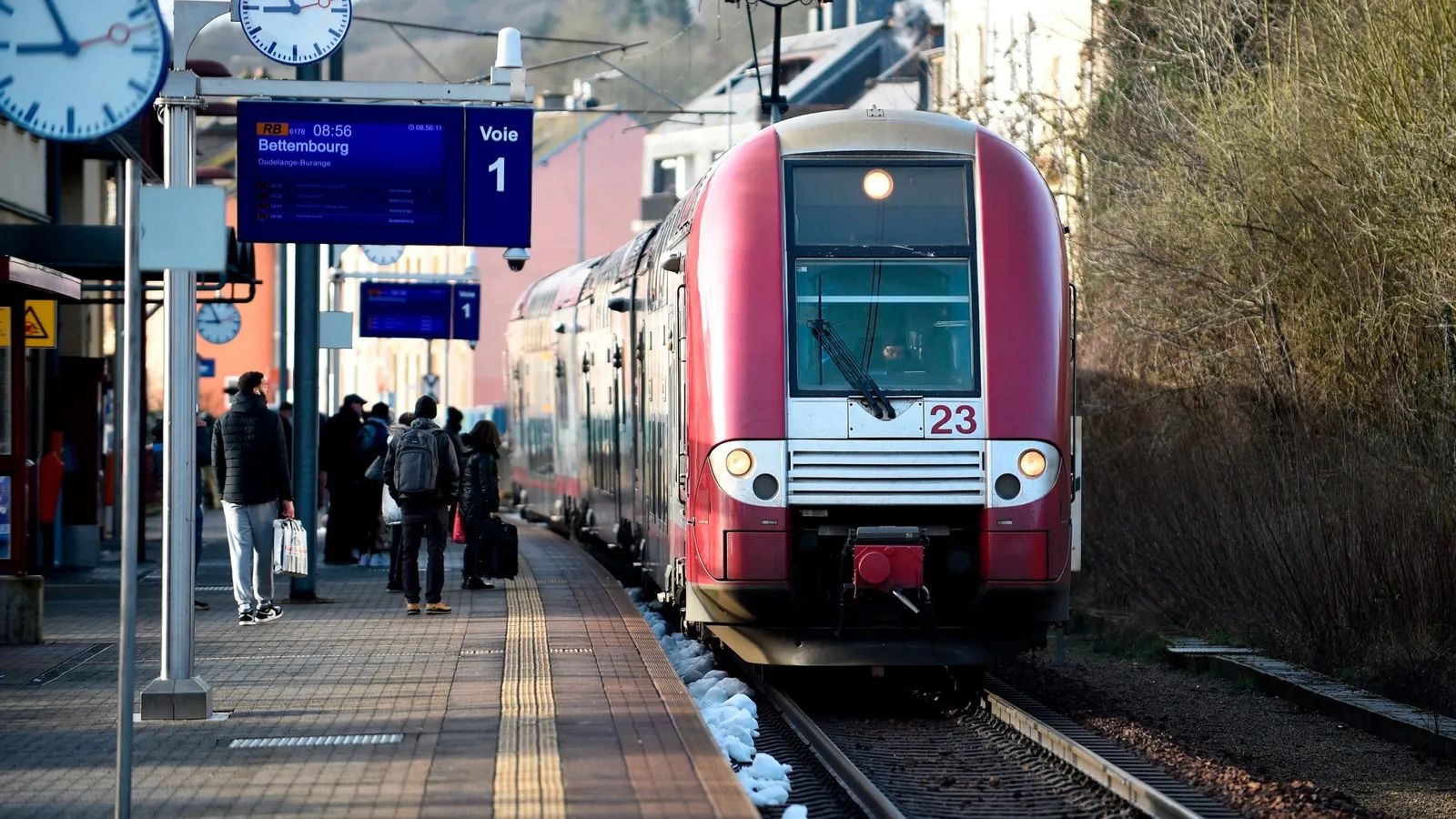 Luxembourg has made its transport system free – but its population is far smaller than that of Paris
Luxembourg has made its transport system free – but its population is far smaller than that of Paris
Audrey Pulvar, currently a deputy to Paris Mayor Anne Hidalgo, has made free public transport a key pledge in her campaign to become president of Ile-de-France – a region home to 12 million people that spans eight French departments including Paris – in next month’s regional elections. According to Pulvar’s proposals, a gradual rollout would first see under-18s, students and job seekers given free transport, before extending the policy to all residents at weekends, and then every day, by 2026.
“We need to change our ways of life,” says Pulvar, who estimates the policy could eventually cost €3bn per year. Under her plans, that shortfall would be covered by taxes on the most polluting vehicles and e-commerce companies like Amazon, building on France’s pioneering tax on tech giants, as well as through “avoided costs” of car accidents, pollution and lost hours of work through traffic, which she says costs the region €10bn a year.
But even if there is growing support for the idea, not everyone is queuing up to drop transport fares. Charles-Éric Lemaignen, vice-president of the French national transport body (GART), stresses that “while it may be free, that’s just for the user, and there will still be a price to pay”.
Lemaignen argues that any scheme must consider whether the money could be better spent elsewhere, whether there is enough capacity to deal with the inevitable rise in use and how important ticket sales are to a transport network’s funding. “In [France’s second largest city] Lyon, passenger ticket income is much higher than it is in Dunkirk,” he says. “That will have a serious impact on the viability of a scheme, because it’s a bigger hit to income.”
While it may be free, that’s just for the user, and there will still be a price to pay – Charles-Éric Lemaignen
Those concerns echo the findings of a study commissioned in 2018 by Valérie Pécresse, the then right-wing president of Ile-de-France, into the feasibility of abolishing fares in the region. It found that while the policy would lead to a 6 to 10% rise in passengers, it would cost between €2.2-3.3bn, the network’s service quality would be reduced, car use would only fall by 2% and the social equality impact would be limited because more than one million people in the region already benefit from free travel or reduced fares.
“The pandemic has made it even more hard to finance because of strained budgets,” adds Lemaignen.
However, proponents believe costs have been overstated, pointing to a tax levied on all companies in France known as the Mobility Payment, which subsidises collective transport and means, in most cities, ticket sales only make up about 10-15% of income. In the case of Dunkirk, this tax covered the cost of removing ticket fares, which made up 10% of revenue.
“We pay very little [towards public transport costs through fares] and that means fare-free transit is actually easier to implement, especially since Covid has even further reduced usage and therefore ticket sales income,” says Passalacqua.
But this isn’t the case everywhere. According to Passalacqua, fares make up around two-thirds of London’s transport budget, meaning that their removal would be “much more complicated” and any free-transport rollout would need to be done gradually.
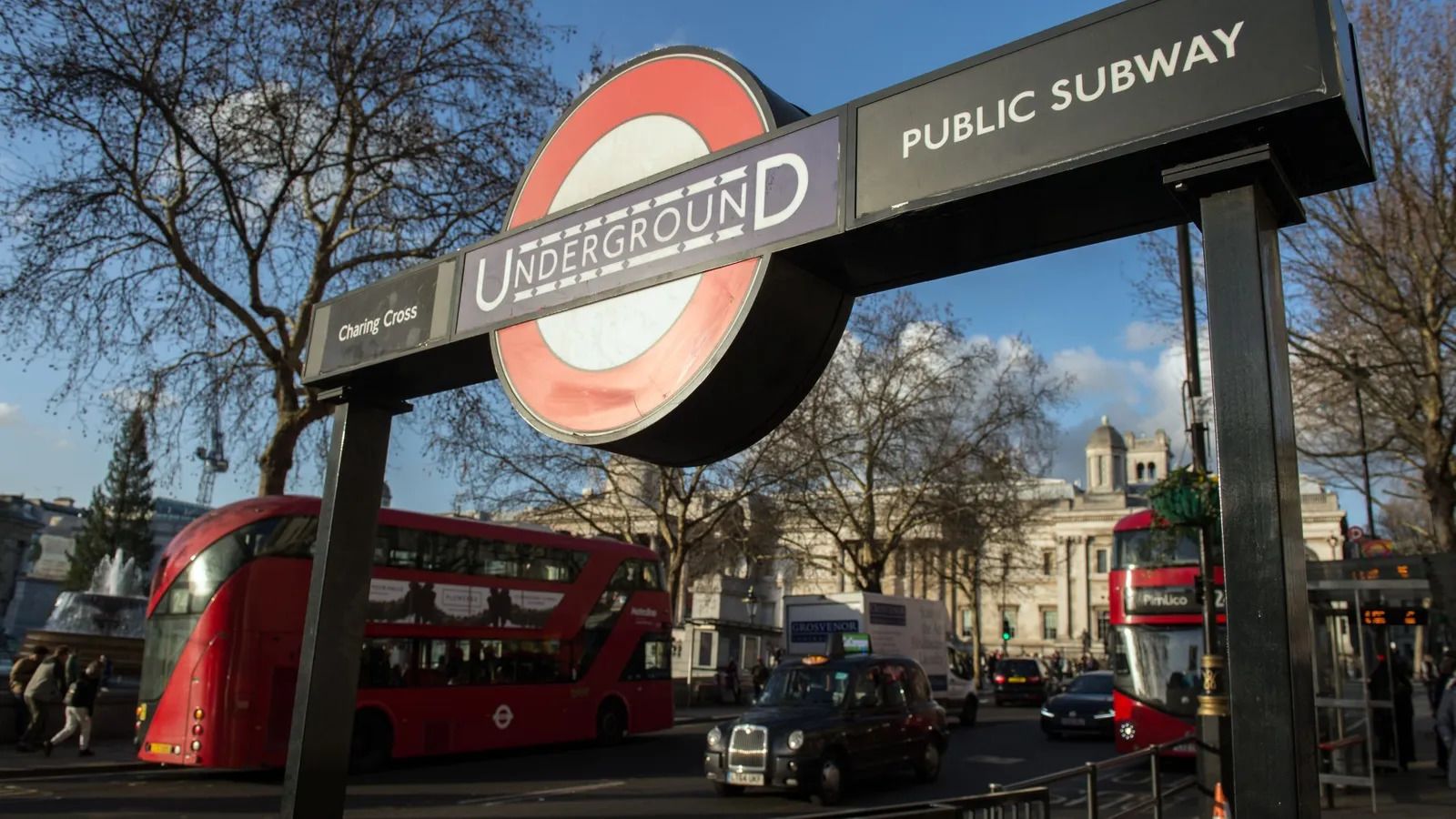 Major cities like London often have a complicated mix of transport providers and funding models
Major cities like London often have a complicated mix of transport providers and funding models
In fact, the different ways public transport is funded around the world, from 100% fully government-funded schemes in Europe to places like Hong Kong that invest in property to generate profits and the tricky public-private networks in the UK, also mean France’s blueprint could be difficult to replicate. “It’s a big unknown right now,” says Passalacqua.
At the moment, Paris has stopped short of rolling out free public transport to all. A report commissioned by Mayor Hidalgo and published in January 2019 concluded that fare-free transit was “not the only alpha and omega of mobility policy”.
Instead, according to one of the report’s authors, Quentin David, targeting certain groups such as the unemployed for free transport could be a more effective approach – improving social mobility and environmental efforts without bankrupting local government. “It can help people without the huge financial costs for the city,” he says.
‘Great equaliser’
Yet even as cities like Paris mull the logistics of funding free transport and test policies targeting particular populations, some experts believe a wholesale re-evaluation of how we view the provision of public transport is needed.
Some argue that there is an innate, egalitarian value in providing transport without passenger fares. “It is a great equaliser,” says Michel Van Hulten, a former Dutch politician and one of the earliest proponents of free public transport in Europe. “Why do all of us pay for common needs like urban parks, firefighters, playgrounds for the kids, traffic signs, the cleaning of the streets, and not for public transport?”
With economic struggles in city centres set to get worse with the pandemic, high-streets could be revived by fare-free public transport – Jenny Arthur
Jenny McArthur, a lecturer in urban infrastructure and public policy at University College London, agrees that the focus on the transport sector’s financial viability following the massive drop in passenger numbers during the pandemic has meant the wider value of a public transport system has been “somewhat lost” from the debate.
“The funding model that has worked until now just isn’t pandemic proof. We can’t rely on user charges in the way we had,” she says. Instead, McArthur believes fare-free public transport could be a more resilient and equitable solution for cities.
“There will be a substantial part of the workforce that still needs public transport,” she says. “Low-income households are very reliant on public transport. It could be seen as a public good. With economic struggles in city centres set to get worse with the pandemic, high-streets could be revived by fare-free public transport.”
For now, as major hubs navigate their way out of the pandemic, whether fare-free public transport could have a transformational effect on cities like Paris remains a compelling unknown. “It’s never been tested on this level before,” says Audrey Pulvar. “But it’s not a fault to be the first one to try.”




